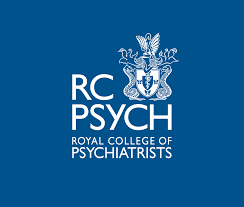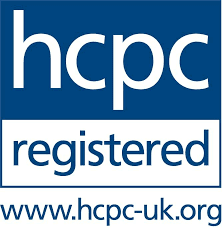Cognitive Behavioural Therapy (CBT)

How CBT Works
Cognitive behavioural therapy (CBT) can help you make sense of overwhelming problems by breaking them down into smaller parts.
Cognitive Behavioral Therapy (CBT) is one of the most evidence based talking therapies with large number of studies thathave proven its effectiveness mainly in the treatment of depress and anxiety disorders, including generalised anxiety, PTSD, OCD, social anxiety, health anxiety and various specific phobias.
It is based on the idea that certain situations can trigger thoughts, behaviours, emotions, and physical sensations, which are all interconnected and influence one another. For instance, the way you think about a particular situation can significantly impact your emotional and physical feelings, as well as your actions in response.
Why CBT Works
Pragmatic
Cognitive Behavioral Therapy (CBT) focuses on practical issues and helps identify specific problems with the goal of resolving these.
Structured and Collaborative
You concentrate on specific problems and set achievable goals instead of solely discussing the challenges you face.
Focuses on Here & Now
Focused on current problems with how you think and act at present rather than in the distant past

At Oaktree, you will meet with a CBT therapist for a series of 6 to 20 sessions, which can be scheduled weekly or fortnightly. Each session will last between 30 and 60 minutes.
Your CBT therapist could be a healthcare professional who has received specialized training in cognitive-behavioural therapy (CBT). This may include psychiatrists, psychologists, mental health nurses, or general practitioners (GPs).
The first few sessions will focus on determining whether CBT is the right therapy for you and ensuring you feel comfortable with the process. The therapist will ask questions about your life and background.
If you are experiencing anxiety or depression, the therapist will inquire about how these issues impact your family, work, and social life. They will also discuss any past events related to your difficulties, treatments you’ve received, and what you hope to achieve through therapy.
If CBT is deemed appropriate, the therapist will outline what you can expect from the treatment course.

Once the initial assessment is complete, you will begin to work with your therapist to break down your problems into manageable parts. To assist with this process, your therapist may ask you to keep a diary or note your thoughts and behaviours.
Together, you and your therapist will explore your thoughts, feelings, and behaviours to identify any that are unrealistic or unhelpful, as well as their interconnections and their overall impact on you. Your therapist will guide you on how to modify these unhelpful patterns.

After identifying the changes you can make, your therapist will encourage you to practice these modifications in your daily life. This may involve:
– Challenging distressing thoughts and replacing them with more constructive ones
– Recognizing moments when you might engage in behaviours that worsen your feelings and instead choosing more helpful actions
In each session, you’ll discuss how you’ve applied changes in your daily life and reflect on your experiences. Your therapist will provide additional suggestions to help you.
You may also be assigned “homework” to complete between sessions to support this process.
Dealing with fears and anxieties can be tough. Your therapist won’t pressure you to do anything uncomfortable and will adjust the pace to fit your needs. They will frequently check in to ensure you’re comfortable with the progress you’re making.










